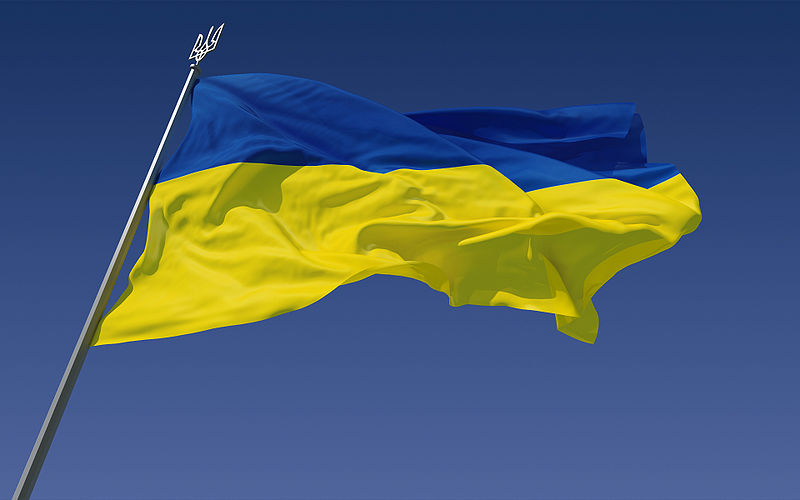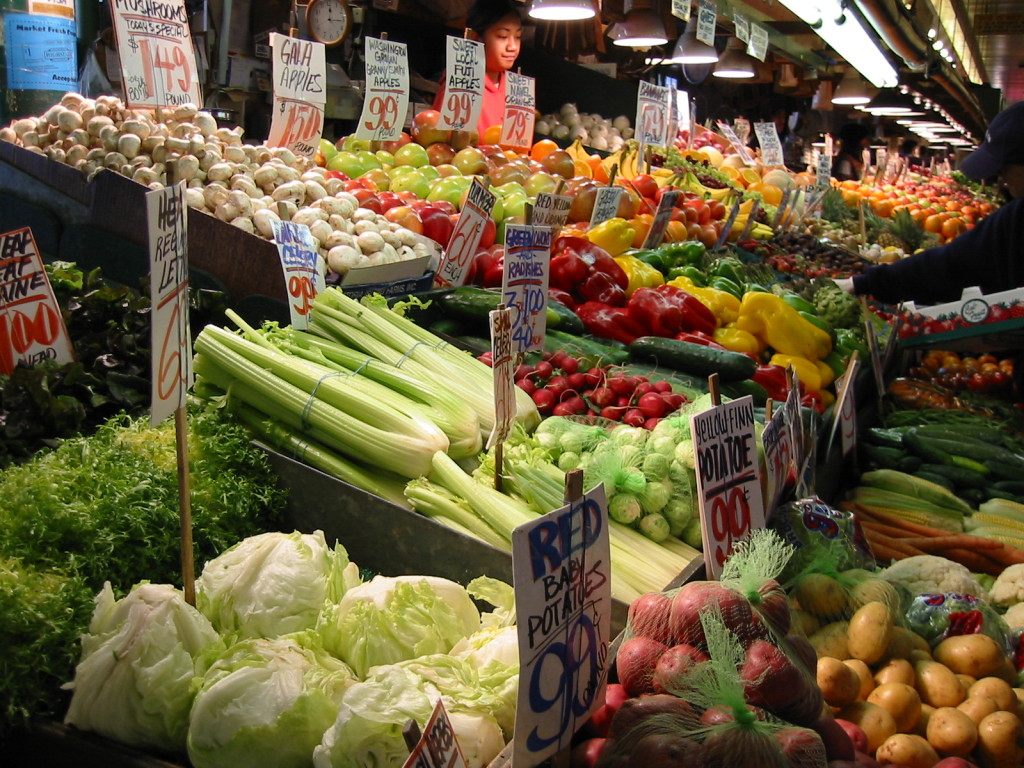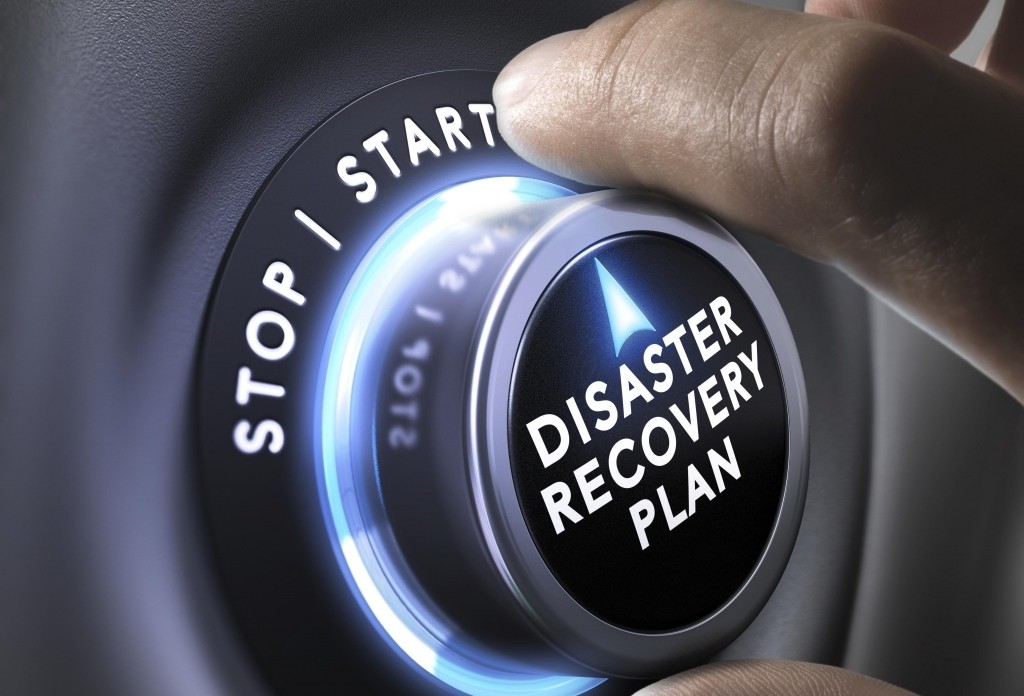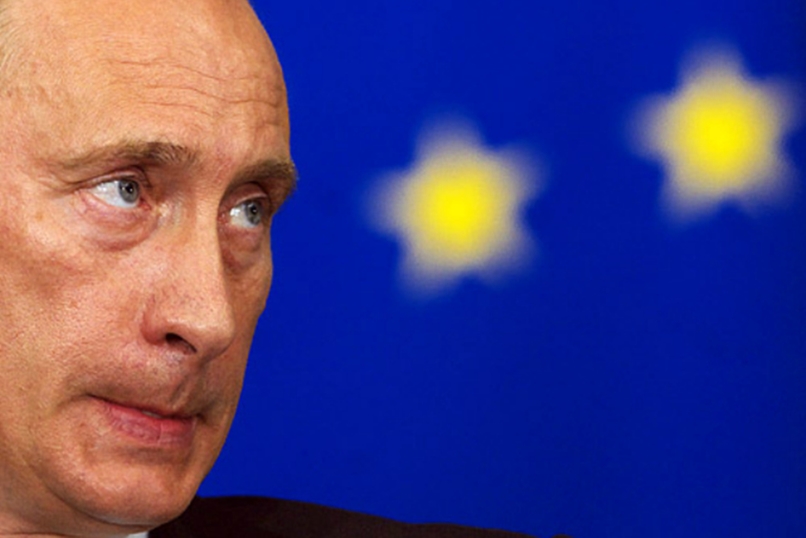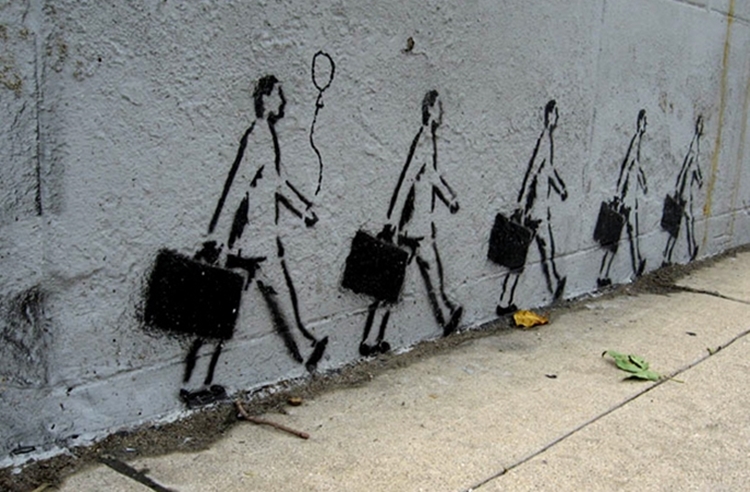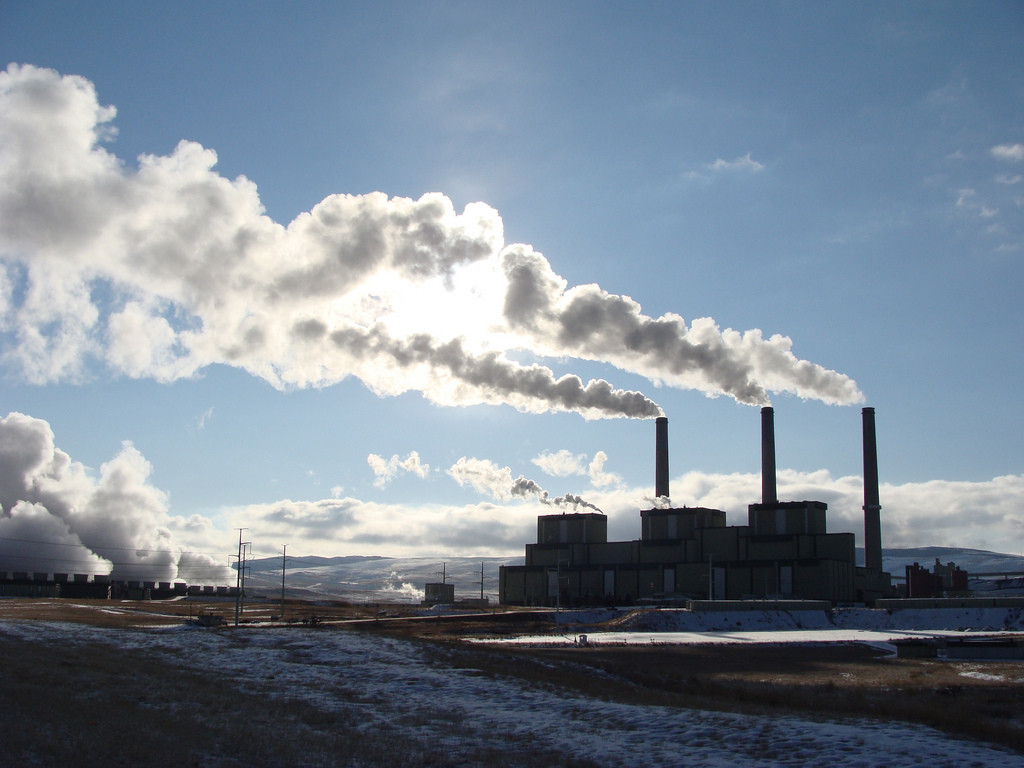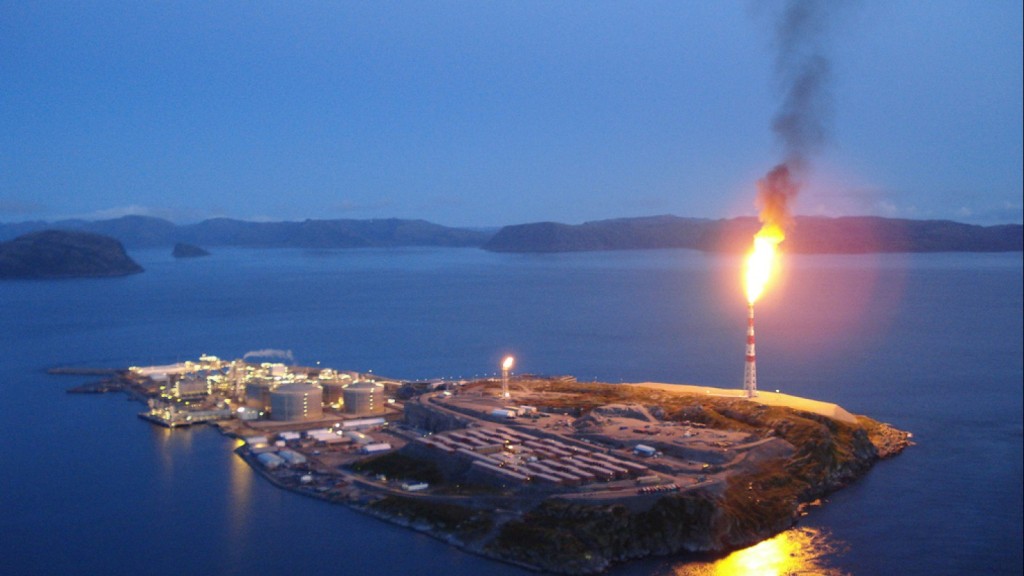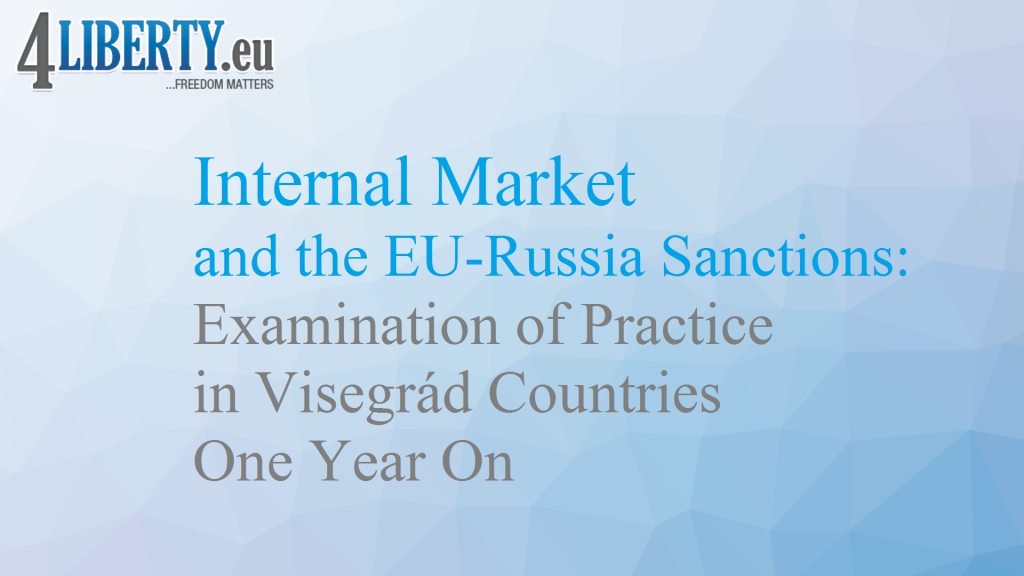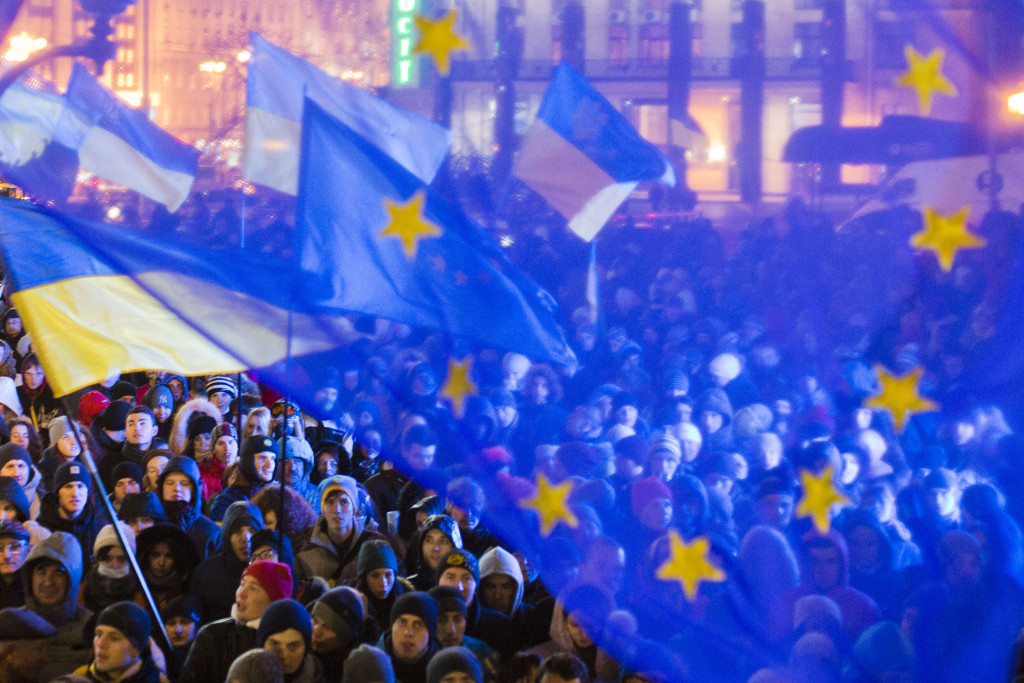
Reforms in Ukraine Should Go On
BY
Oleksandra Betliy, Vitaliy Kravchuk AND The Institute for Economic Research and Policy Consulting - Kyiv / March 15, 2016
Ukraine may find itself with new Government in the very near future. Frequent government changes do not help the country as there is little to ensure continuity in government policies. Budget planning is done on a single-year basis, senior civil servants are frequently replaced along with politically appointed Ministers.



